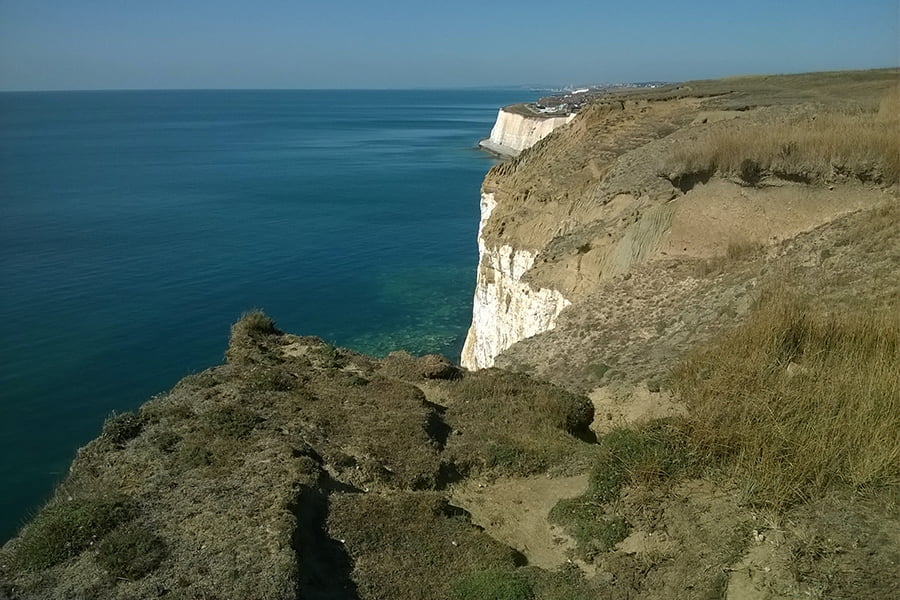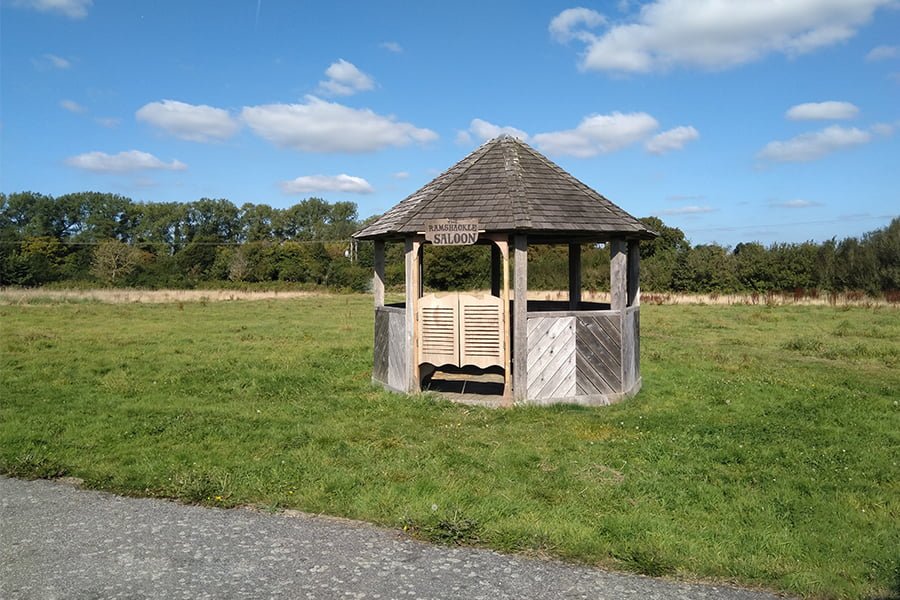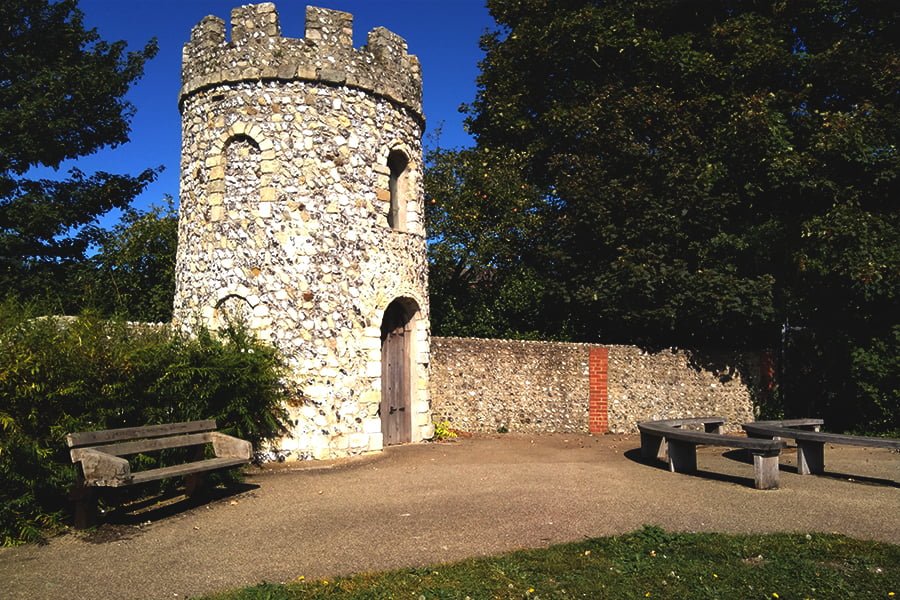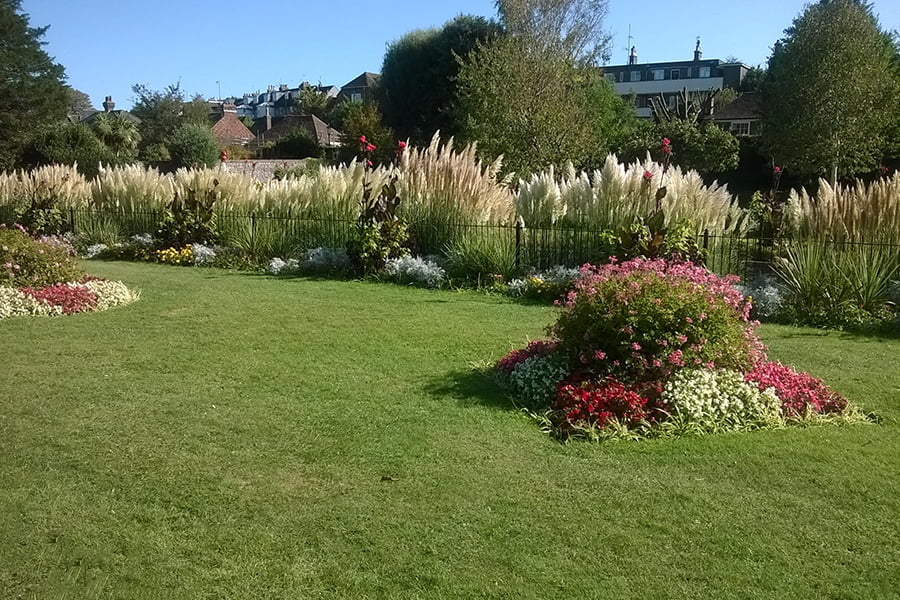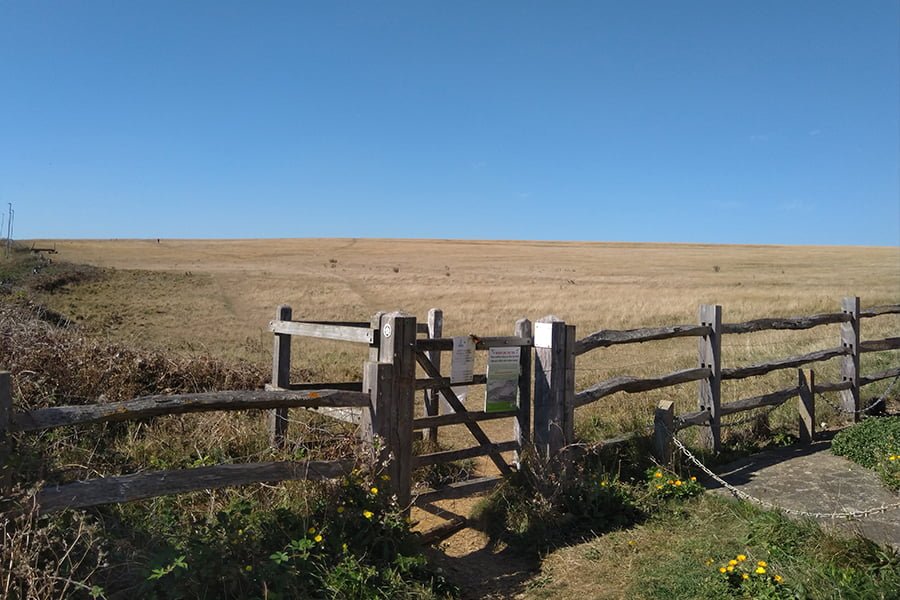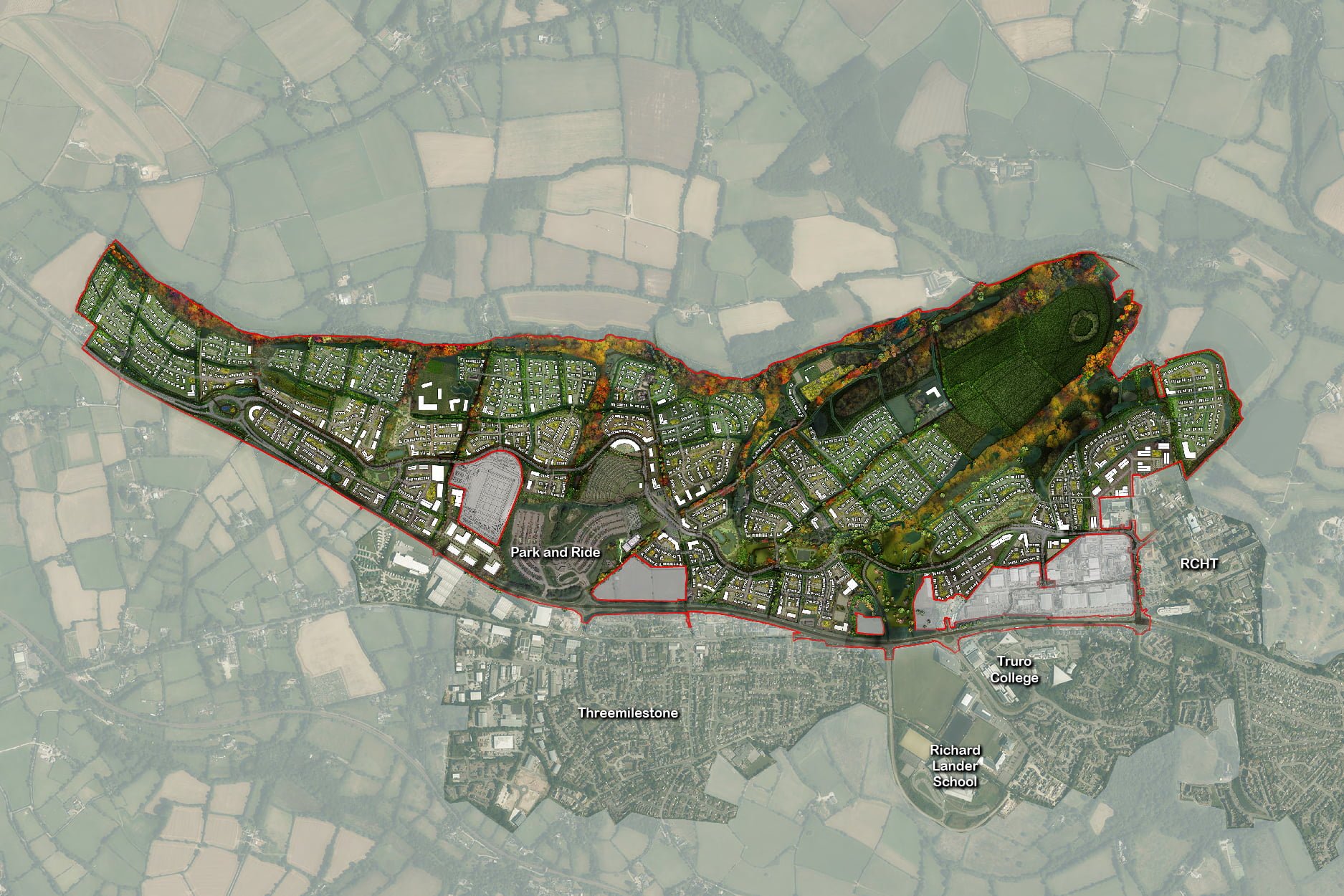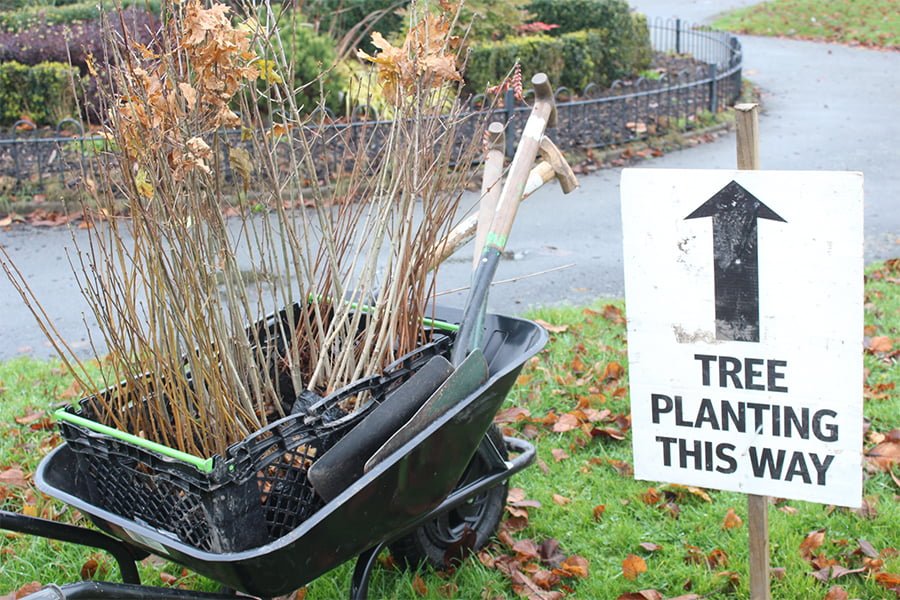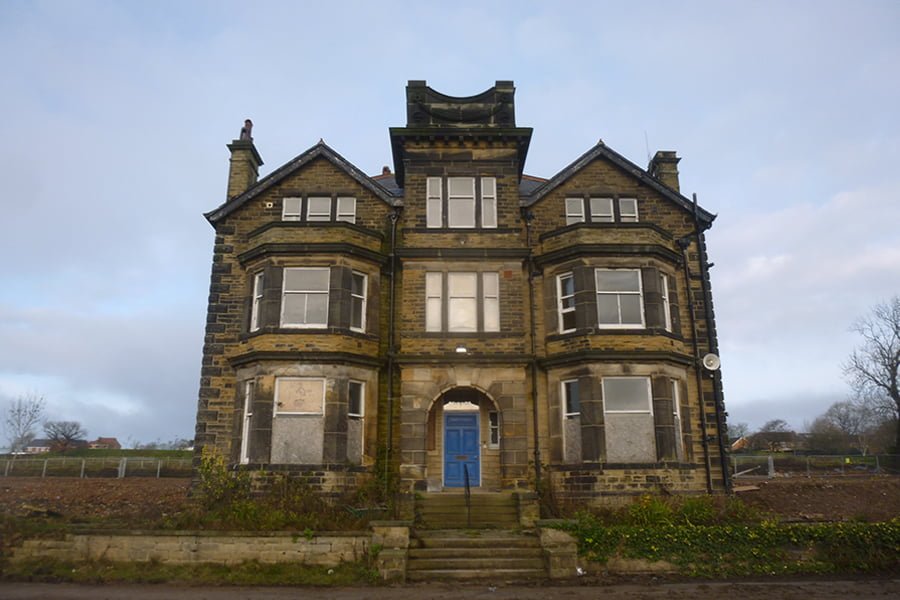TEP was commissioned by Lewes District Council to prepare an Open Space Strategy. The Strategy will provide an evidence base that will inform future policy and planned development within the district. The outcomes of the Strategy will contribute to health, quality of life and the local economy. As well as aid the Council to plan for the delivery of sustainable transport and development, whilst also conserving and enhancing the natural and historic environment in the area.
Lewes is a relatively rural and coastal district in Sussex. It has an attractive range of towns and villages and much of its open countryside is in the South Downs National Park. The sweeping coastlines are a stunning setting for many of the residents’ leisure activities and provide much-needed benefits to both physical and mental wellbeing.
The district has 545 designated open spaces, covering about 1200 hectares. Almost half are semi-natural greenspace, but the district also has some notable parks and gardens such as the beautiful Southover Grange Gardens, set amongst the olde worlde streets of this historic town. The meandering and hilly layout of the streets in Lewes give sneak previews of Lewes Castle, a towering medieval fortress where you can get fantastic views over all of Sussex. Other historical landmarks within Lewes are Anne of Cleves’ House, given to her by Henry VIII following the annulment of their marriage. There is also the site where the burning of 17 martyrs in the 1500s took place, resulting in the annual tradition of a Lewes specific bonfire night, when everyone is required to wear white bonfire trousers!
TEP identified local needs by analysing local planning policy and strategy documents as well as the open space provision based on population figures. A quantity, quality and value audit of Lewes District’s open spaces enabled TEP to identify key recommendations, including mechanisms for the Council to secure new open spaces and improvements to existing ones. TEP’s team of Landscape Managers, several of whom are Green Flag Award judges, visited 110 of the sites to carry out more detailed quality and value audits.
To understand existing needs and future expectations about open spaces, TEP undertook a consultation with key stakeholders in combination with our partner consultants 4 Global. This included parish councils, the local community, sports clubs, neighbourhood representatives, National Governing Bodies, ‘Friends of’ Groups and youth groups. The consultation process underlined the pride and importance associated with these open spaces and it is understandable that people are keen to preserve the heritage of the town and surrounding area as much as possible, both now and in the future. Using the audit data and the results of the consultation, TEP recommended standards for the quantity, quality and accessibility of Lewes District’s open spaces. The standards were prepared considering population projections up to the year 2030. Additionally, TEP also made recommendations about encouraging open space assessment associated with planning applications, increasing the multi-functionality of the spaces and seeking funding opportunities.


